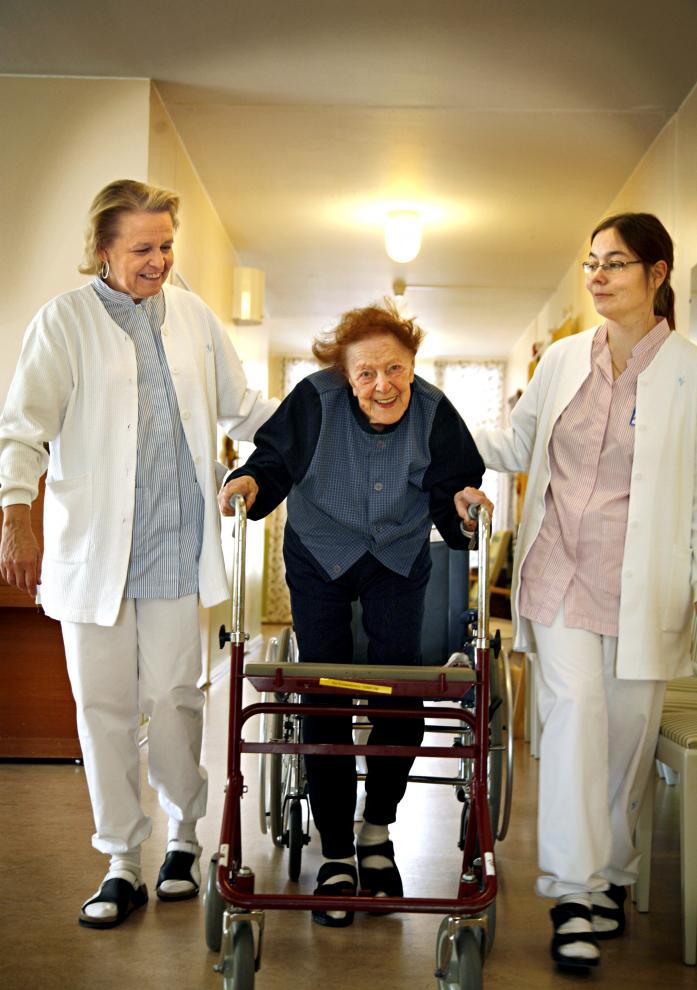Quality control of 24-hour care of the elderly

Estimated reading time 2 minutes
Objective of the assessment
The main question in the assessment was whether the quality control of the long-term 24-hour assisted living and institutional care provided for the elderly by the City is sufficient. The same level of quality is required of the City’s own service provision and purchased services. The quality control of the City’s own service provision was examined by assessing whether the City has prepared a plan for supporting the older population in accordance with the Act on Supporting the Functional Capacity of the Older Population and on Social and Health Services for Older Persons; whether an in-house control plan has been prepared; and whether control visits are carried out to the City’s own units. The quality control of purchased services was examined by assessing the quality control of services agreed upon and whether the client has had an opportunity to intervene in any shortcomings. The view of the Council of the Elderly was also obtained for the assessment.
Conclusions
The quality control of the 24-hour care of the elderly can be considered to be satisfactory in the City’s own service provision and sufficient in purchased services. The quality control of purchased services has been more organised, systematic and frequent than the quality control of the City’s own service provision. The City has prepared the Helsinki Programme for the Elderly, i.e. a plan of services for the elderly, but this programme does not include assessment of the sufficiency and quality of the services. The Social Services and Health Care Division assesses and monitors the physical condition of customers (RAI), safety incidents in health care organisations (HaiPro) and quality deviations in social services (SPro). The City’s own service provision is monitored as part of normal managerial work. The operational units are still learning about large-scale utilisation of self-assessment in-house control plans. The work is coordinated by six individuals alongside their own work, which is considered to be insufficient. Audits, as well as control and inspection visits, are conducted at both the City’s own units and private units. Additionally, the City reviews the service description and holds cooperation meetings and annual meetings together with the providers of the purchased services. Deficiencies in the quality of purchased services can be responded to with reminders and financial sanctions or by not referring customers to these units. The latter method has only needed to be used to a limited extent. The shortcomings are often related to a shortage of staff in both the public and private sectors.
the Social Services and Health Care Division must
- conduct annual assessments of the sufficiency and quality of social services for the elderly together with the Council of the Elderly to support the City’s decision-making, financial planning and reporting on well-being;
- reserve more resources for supporting, monitoring and developing the in-house control of operational units.

Add new comment